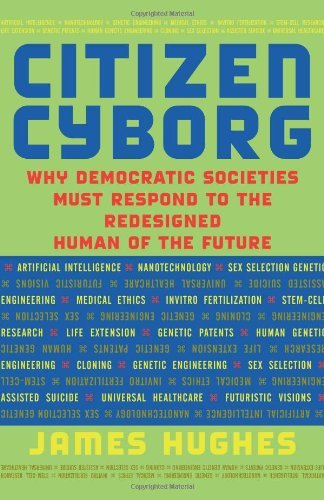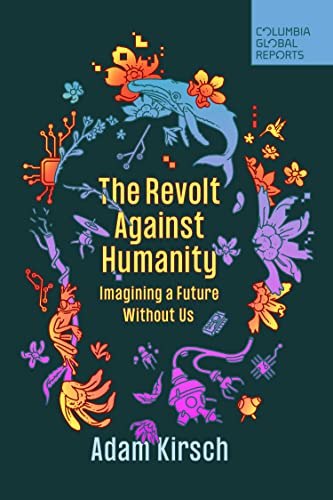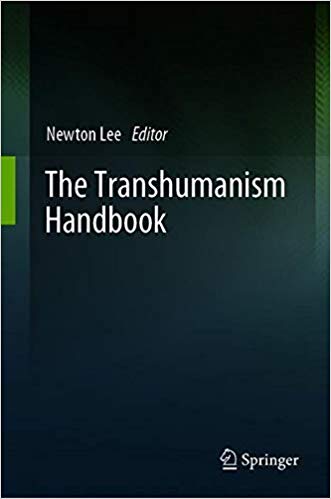
Citizen Cyborg: Why Democratic Societies Must Respond to the Redesigned Human of the Future
Book Description
Imagine a world where humans are enhanced beyond nature’s design, grappling with moral dilemmas and societal upheaval. In "Citizen Cyborg," James Hughes explores the urgent need for democratic societies to embrace the rise of radical human redesign—melding biology with technology. This pulse-pounding narrative delves into the ethics of cyborgs, the implications for equality and freedom, and the looming questions of identity and citizenship in a brave new age. As humanity stands at the crossroads of evolution and ethics, is society ready to confront the cyborg revolution?
Quick Book Summary
"Citizen Cyborg" by James Hughes examines the profound social, ethical, and political implications of human enhancement through technology. Hughes contends that as biotechnology and cybernetics offer opportunities to transcend biological limitations, democratic societies face urgent challenges: how to regulate, distribute, and integrate augmentative technologies while upholding values of equality, freedom, and social justice. Drawing on philosophical, scientific, and political perspectives, Hughes argues against both unfettered techno-libertarianism and reactionary bioconservatism. Instead, he proposes a progressive vision—democratic transhumanism—that ensures all citizens have a voice and fair access in shaping the cyborg future. The book makes a compelling case that inclusive, participatory governance is essential to navigate dilemmas about identity, bodily autonomy, citizenship, and the boundaries of human nature in a rapidly transforming era.
Summary of Key Ideas
Table of Contents
Navigating Human Enhancement Ethically and Politically
James Hughes introduces the central dilemma of our technological age: advances in biotechnology, genetics, and cybernetics are making it possible to radically redesign the human body and mind. This prospect of self-directed evolution offers tremendous potential—extended lives, enhanced intelligence, and new forms of existence—but also brings uncertainty and ethical ambiguity. Hughes asserts that society must not leave these decisions to market forces or authoritarian technocrats. Instead, public debate and democratic frameworks are needed to steward responsible adoption and governance of enhancement technologies.
Beyond Bioconservatism and Technolibertarianism
Hughes critiques two dominant camps: bioconservatives, who fear unnatural enhancements and seek to limit technological progress, and technolibertarians, who advocate for individual choice with minimal regulation. He argues both positions are insufficient. Bioconservatism risks constraining personal freedoms and blocking medical advances, while unchecked technolibertarianism could exacerbate inequality and erode social cohesion. The book urges the development of a balanced, considered approach that recognizes both the promise and perils of technological empowerment.
Democratic Transhumanism and Social Justice
Central to Hughes's thesis is the concept of democratic transhumanism. This philosophy marries the ideals of human enhancement with the values of democratic participation, social justice, and equality. Instead of letting economic disparities dictate who benefits from new technologies, democratic transhumanism seeks to make enhancements broadly available, regulated for safety, and inclusive of diverse perspectives. Hughes highlights how active citizen engagement and transparent political processes are essential to prevent a two-tier society of enhanced "haves" and unenhanced "have-nots."
Citizenship, Identity, and Rights in the Cyborg Age
The book explores how cyborgization challenges traditional ideas of citizenship and personhood. As technology blurs the lines between human and machine—and as people augment themselves beyond current biological limits—Hughes asks who counts as a citizen, what rights cyborgs and enhanced individuals will have, and how societies will adapt to new forms of identity. He stresses the importance of updating legal, ethical, and political frameworks to recognize and protect pluralistic identities in the cyborg age.
Regulating Technology for Public Good
Finally, Hughes advocates for robust, democratic regulation of enhancement technologies. Rather than banning advancements or allowing unrestricted exploitation, societies should pursue public deliberation, inclusive policymaking, and the global sharing of benefits. He underscores that managing the cyborg revolution is not just a technical or medical question, but a profoundly political one—demanding collective wisdom, vigilance, and the democratic imagination to ensure a just and humane transhuman future.
Download This Summary
Get a free PDF of this summary instantly — no email required.





